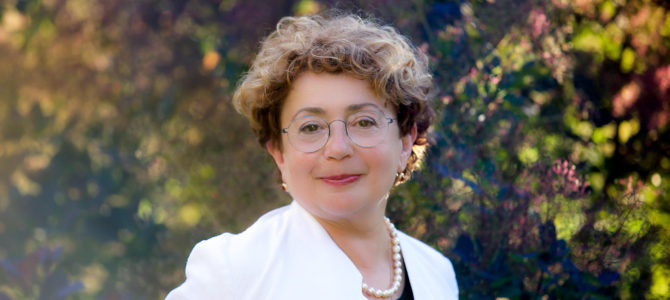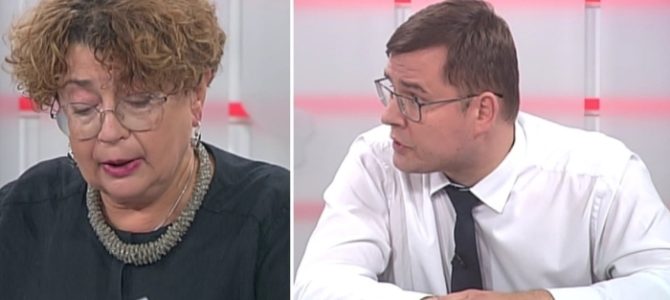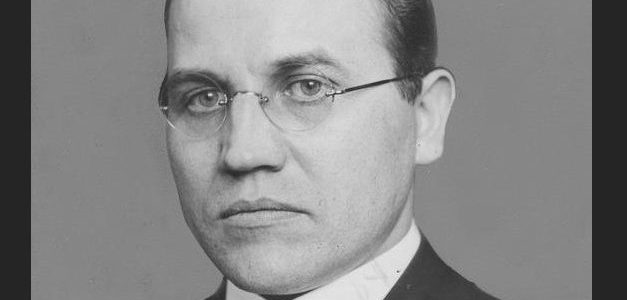ANNOUNCEMENT
ON THE CLOSURE OF THE LJC BUILDING AND SYNAGOGUE FOR AN INDETERMINATE PERIOD
The continual, escalating publicly-expressed desire by one political party for recognizing perpetrators of the mass murder of the Jews of Lithuania as national heroes and the demand these people be honored with commemorative plaques and by other means, as well as the public call to attend protests to defend this shameful position on August 7 not only divide Lithuanian society, but actively set factions against one another.
Anti-Semitic comments and inscriptions which are posted to social media pages of political parties and their leaders are being tolerated and go unpunished (even calling the Christian Mary “Jew-girl”), which makes us wonder even more whether we are safe or not.
The Lithuanian Jewish Community has received threatening telephone calls and letters in recent days. In this atmosphere of rising tension and incitement to more tension, neither the LJC nor the synagogue in Vilnius have the means to insure the safety of visitors, including Holocaust survivors and their families.
We underline the fact that up to the present time we have not seen any reaction by any institution to the escalating discord. We would like to hear the opinion of the leaders of Lithuania and to hear a firm position on whether public propaganda in favor of honoring Holocaust perpetrators will continue to be tolerated in Lithuania.
In order to insure the safety of members of the community and worshipers and without any indication that the proponents of this escalating provocation will be called to disciple or account publicly, in cases where the law provides for this, the LJC has been forced to make the painful but unavoidable decision to close the LJC building and the Choral Synagogue in Vilnius for an indeterminate period.
We are also requesting additional security be provided at the Jewish cemetery on Sudervė road in Vilnius to prevent vandalism.
The LJC will adopt future decisions based on the general atmosphere and the positions adopted and expressed by Lithuanian political leaders regarding these issues.
Faina Kukliansky, chairwoman
Lithuanian Jewish Community
Vilnius, August 6, 2019


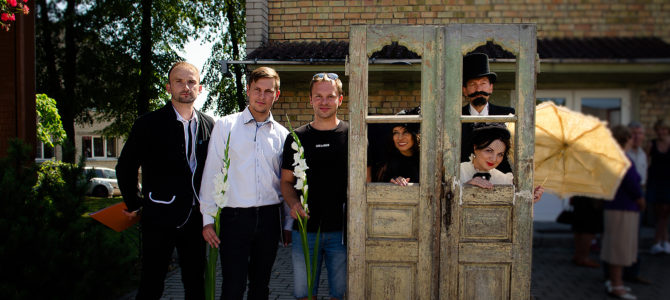
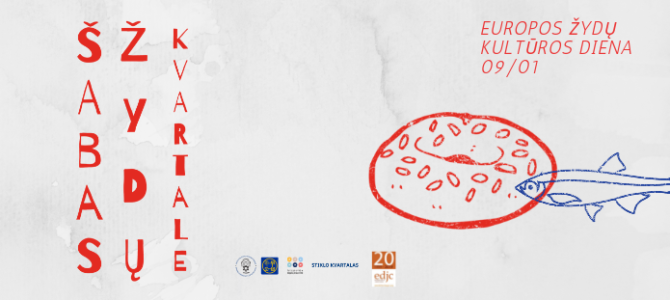
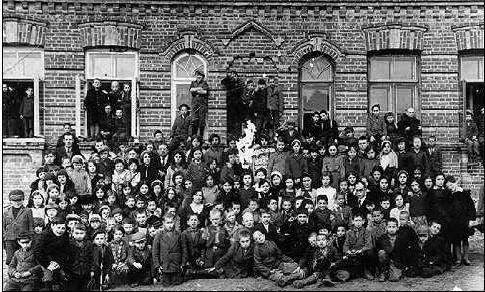
 by Grant Arthur Gochin
by Grant Arthur Gochin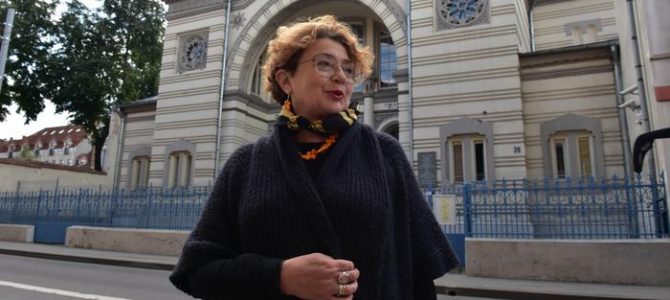

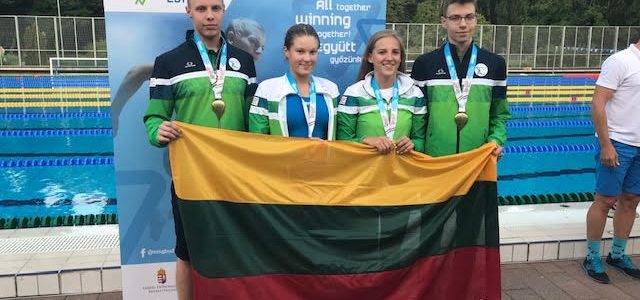
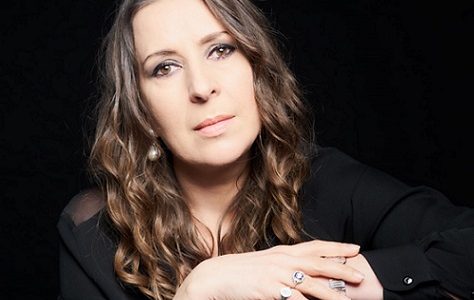
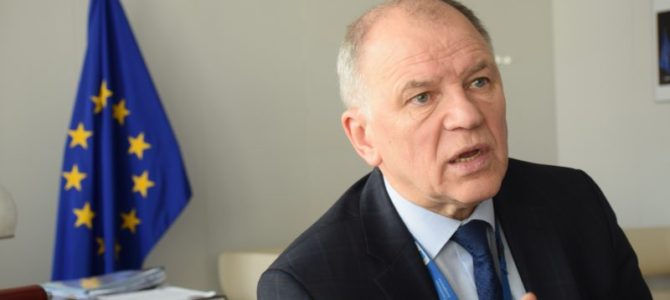
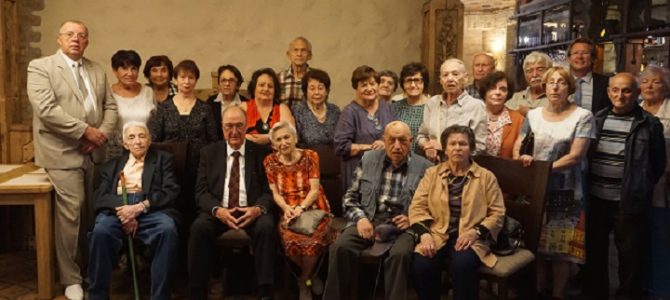
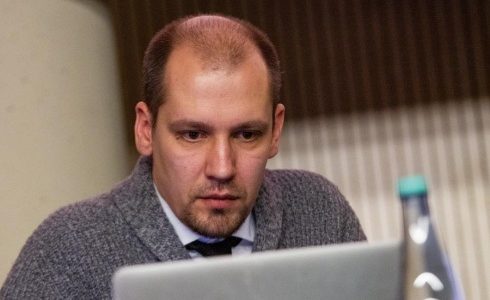
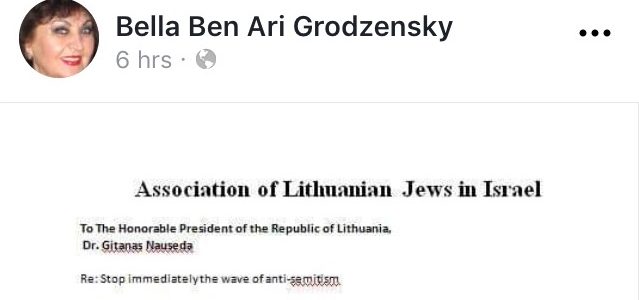
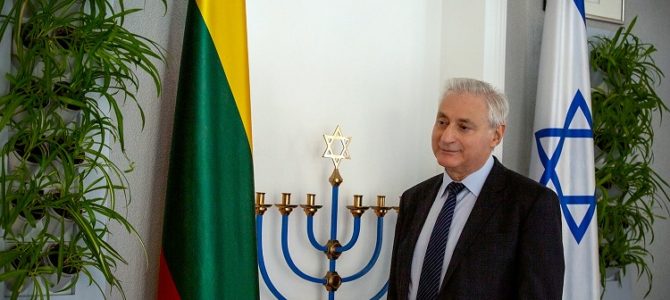
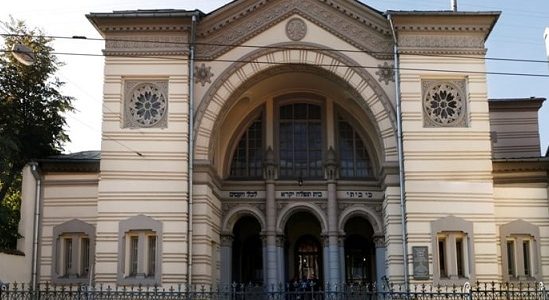
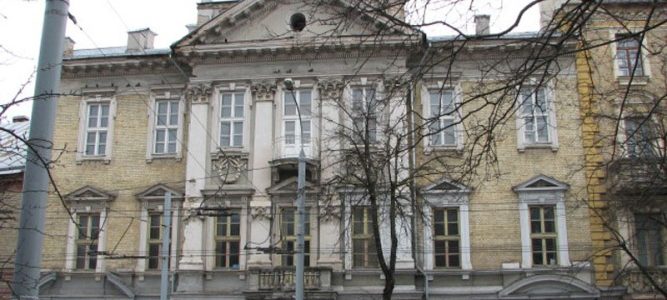
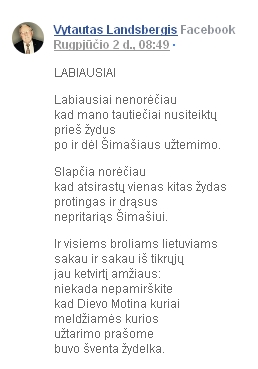
![Vytautas Landsbergis: “It Should Really Be Considered If He [Noreika] Was So Tainted He Should Be Publicly Humiliated” Vytautas Landsbergis: “It Should Really Be Considered If He [Noreika] Was So Tainted He Should Be Publicly Humiliated”](https://www.lzb.lt/wp-content/uploads/2019/08/Nuotrauka-pavadinimui.jpg)
